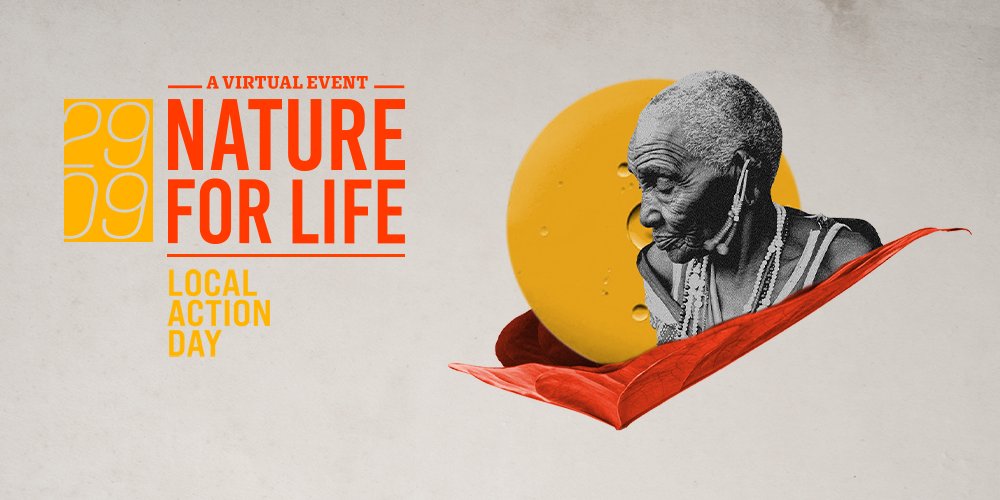THREAD: Tomorrow is the big day for #saiga.
At #CITESCoP18, the saiga antelope will be considered for Appendix I—where international commercial trade is prohibited.
This is important. (1/5)
At #CITESCoP18, the saiga antelope will be considered for Appendix I—where international commercial trade is prohibited.
This is important. (1/5)

Found across Central Asia in nomadic herds, saiga are critically endangered.
They have experienced repeated die-offs from disease: nytimes.com/2017/02/08/sci… (2/5)
They have experienced repeated die-offs from disease: nytimes.com/2017/02/08/sci… (2/5)
Poaching and illegal trade remain threats. Males’ horns are used in traditional medicine in China and Southeast Asia.(3/5)
.@WCSMongolia Director Enkhtuvshin Shiilegdamba says the population in her country is down to under 3,000.
This would be a big loss, she says. (4/5)
This would be a big loss, she says. (4/5)
If saiga are to persist in healthy herds, says WCS’s @sslieberman, governments should heed the bold call of Mongolia and provide the highest level of protection.
RT this thread to spread the word. (5/5)
RT this thread to spread the word. (5/5)

@sslieberman UPDATE: The saiga vote was due to take place today at #CITESCoP18 in Geneva, Switzerland.
But it has been delayed until tomorrow. More soon ...
You can catch up on the latest: wcs.org/cites-cop18
But it has been delayed until tomorrow. More soon ...
You can catch up on the latest: wcs.org/cites-cop18

@sslieberman @WCSNewsroom @natmoss @WCSMongolia @JoeWalston_WCS @lizwcs @WCSBrussels BREAKING: The saiga remains on App II. BUT with a 0 quota from wild. Meaning no international trade of saiga horn from wild.
This helps to ensure that the prehistoric saiga will roam for generations to come, said Enkhtuvshin Shiilegdamba of @WCSMongolia. bit.ly/2KNRa75
This helps to ensure that the prehistoric saiga will roam for generations to come, said Enkhtuvshin Shiilegdamba of @WCSMongolia. bit.ly/2KNRa75
• • •
Missing some Tweet in this thread? You can try to
force a refresh
















